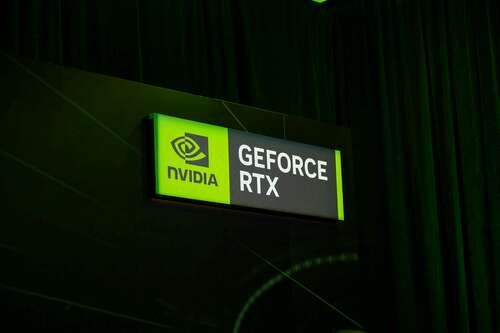
Your RTX GPU just gained another AI-powered feature. NVIDIA is now rolling out RTX Video HDR, a technology that converts video from SDR to HDR. You can enable RTX Video HDR from the NVIDIA Control Panel after downloading the latest drivers.
We first learned about RTX Video HDR at CES 2024. It’s an impressive feature that adds some extra depth to streaming content, and to our surprise, it works on all RTX graphics cards. You can also use RTX Video HDR with Video Super Resolution, an AI technology that converts low-resolution content to 4K. Video Super Resolution requires an RTX 30-series or 40-series GPU.
You can see a demonstration of RTX Video HDR technology in the above video. Oddly, NVIDIA only uploaded this video in SDR quality. Someone at the company must have a sense of humor.
Anyway, you can only use RTX Video HDR in Google Chrome and Microsoft Edge. This technology isn’t supported in Firefox or Safari, and NVIDIA doesn’t advertise any compatibility with Chromium offshoots like Vivaldi or Brave. An HDR10-enabled monitor is also required, as you’d expect.
The RTX Video HDR system cannot be applied to the Windows operating system as a whole. It can only be used in Chrome and Edge. However, the Super Video Resolution feature is compatible with VLC, so we could see RTX Video HDR in VLC at some point. NVIDIA places both of these features under the “RTX Video” umbrella (they even share a support page). NVIDIA’s beloved DLSS system can increase the resolution or frame rate of games, but it can’t convert SDR games to HDR. For that, you’ll want to use something like Windows 11’s Auto HDR feature.
Today also marks the release of NVIDIA’s GeForce RTX 4070 Ti SUPER graphics card, which retails for $799. Other GPUs in the 4000 SUPER lineup arrived on January 17th, though the RTX 4080 SUPER won’t go on sale until January 31st.
To enable the new RTX Video HDR feature, simply install the 551.23 Game Ready driver and head into the NVIDIA Control Panel’s video settings. Interestingly enough, the driver update also adds Ultra Low Latency Mode compatibility for DirectX 12 titles.

